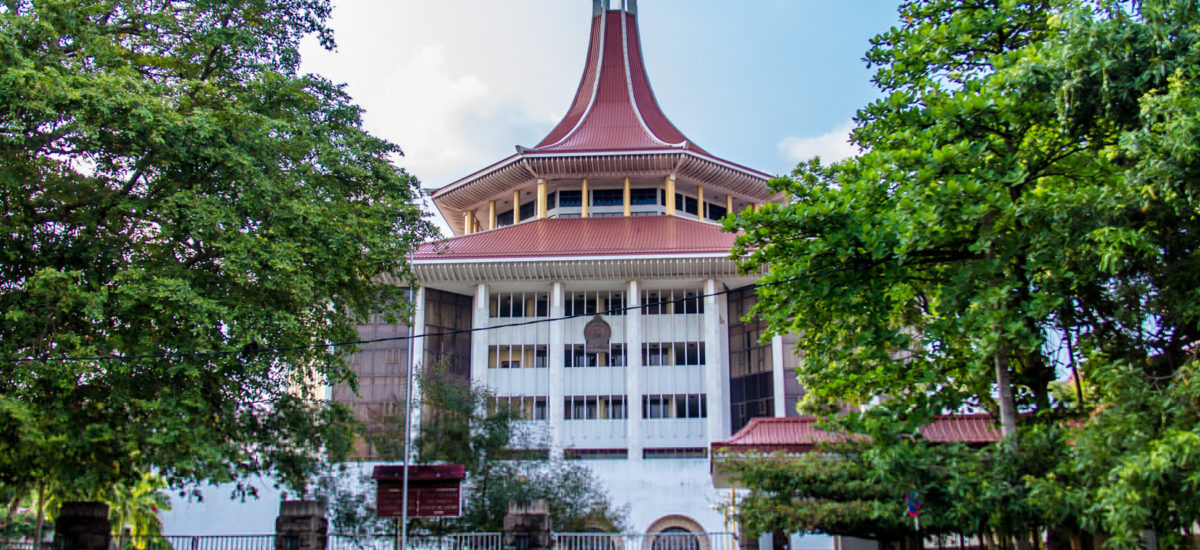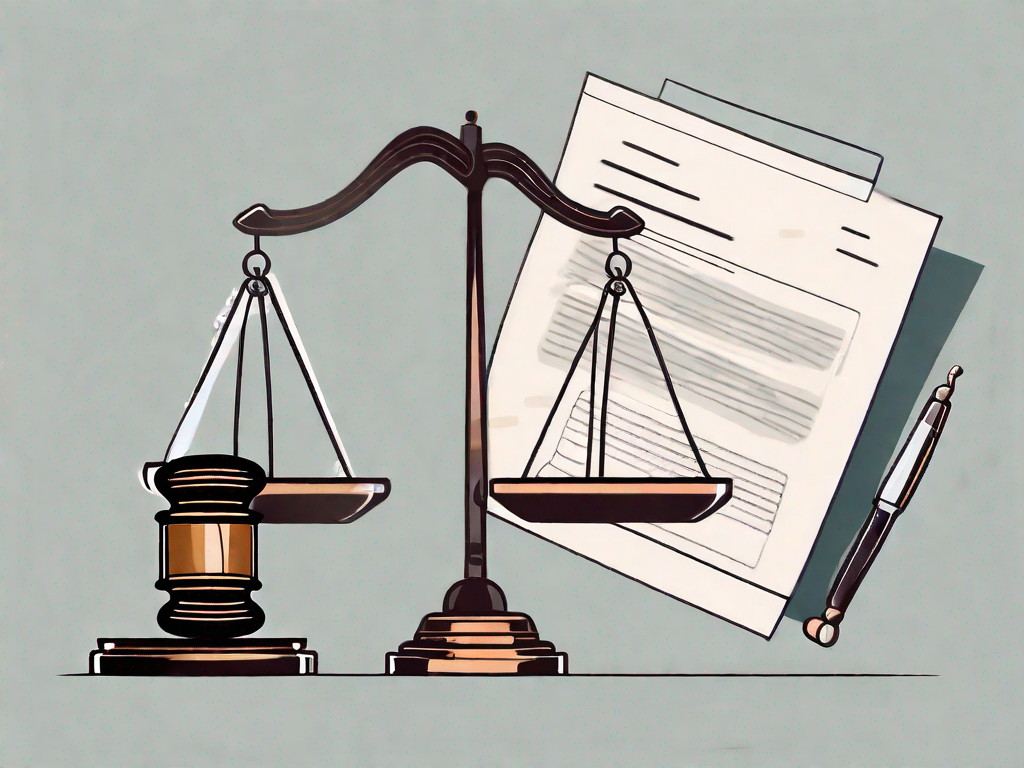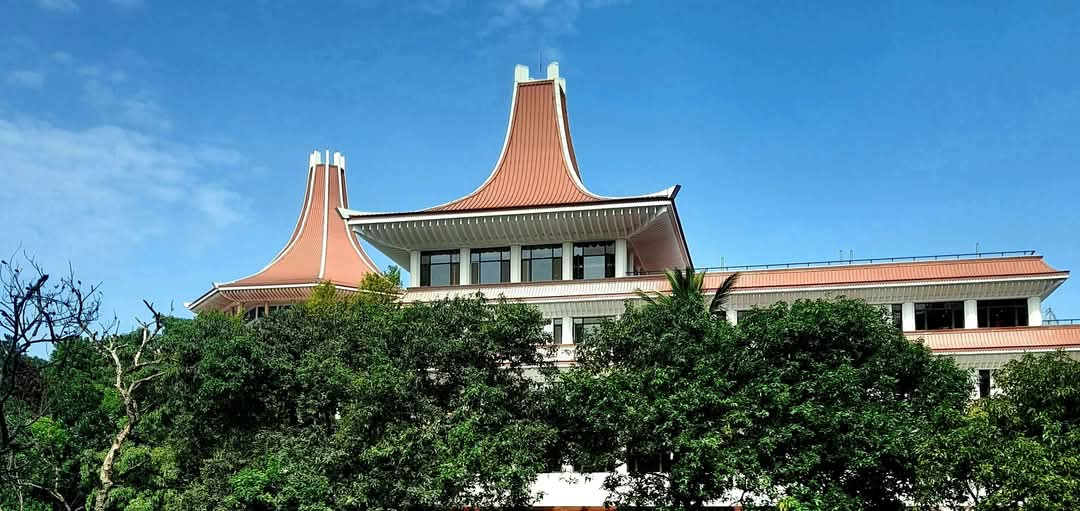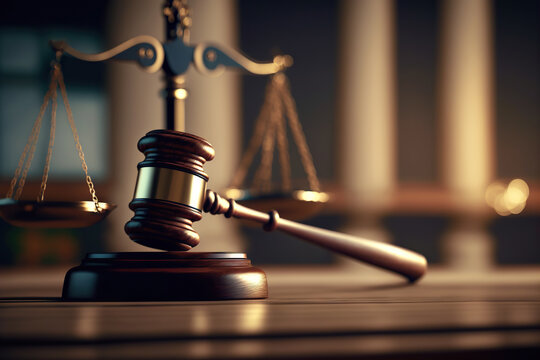The Court of Appeal, in a recent decision, underscored the critical role of prosecutors in ensuring a fair trial, emphasizing that their duty is not merely to secure a conviction, but to elicit the truth and dispense justice. The court highlighted that when a case relies heavily on circumstantial evidence, it is the prosecutor's responsibility …
“Prosecutors have a duty not just to secure convictions” – CA
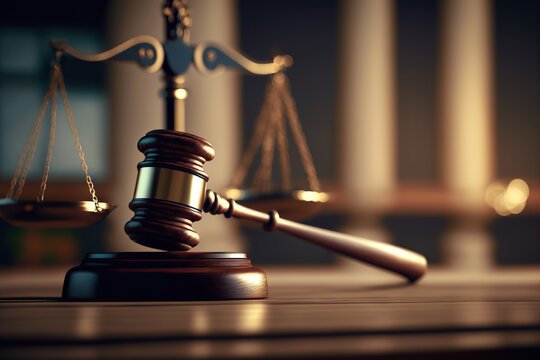
The Court of Appeal, in a recent decision, underscored the critical role of prosecutors in ensuring a fair trial, emphasizing that their duty is not merely to secure a conviction, but to elicit the truth and dispense justice. The court highlighted that when a case relies heavily on circumstantial evidence, it is the prosecutor’s responsibility to present all relevant facts, including those favorable to the accused. Failure to do so, as the court ruled, can significantly prejudice the accused’s right to a fair trial, leading to a miscarriage of justice
The prosecution had originally built its case on circumstantial evidence, claiming that the two accused officers, along with others, had subjected an individual to inhumane treatment while in custody. The trial court found the officers guilty, sentencing them to ten years of rigorous imprisonment. However, the officers appealed the conviction, arguing that the prosecution had failed to present essential witnesses and that the evidence was insufficient to prove their guilt beyond a reasonable doubt.
During the appeal, the court critically examined the role of the prosecution in the original trial. It was revealed that key witnesses, were not called to testify. The appellate court noted that this omission created a significant gap in the prosecution’s case. Moreover, the court emphasized that when a case is based on circumstantial evidence, it is crucial that all possible explanations be thoroughly explored to ensure that the evidence supports the accused’s guilt beyond any reasonable doubt.
In its ruling, the court stressed that prosecutors have a duty not just to secure convictions, but to present a fair and balanced case. This includes disclosing all relevant evidence, even if it favors the defense.
Blurb:
“….In Gunawardena v the Republic [1981] 2 SLR 315 the Court held that “Each piece of circumstantial evidence is not a link in a chain for if one link breaks the chain would fail. Circumstantial evidence is more like a rope composed of several cords. One strand of rope may be insufficient to sustain the weight but three stranded together may be quite sufficient.”….
“…..An essential witness, is one who’s testimony is necessary to unfold the truth. Their testimony is so vital, that without it, there really a no case or evidence to get a conviction in a case….”
“….In Hattuwan Pedige Sugath Karunaratne v. The Attorney General SC Appeal 32 of 2020 Aluwihare PC J., held that: “No doubt the duty of a State Counsel is to present the Prosecution in an effective manner to the best of their ability in furtherance of securing a conviction, if the evidence can support the charge. The Prosecutor, however, is an officer of the court and their role is to assist the court to dispense justice. Thus, it is not for a Prosecutor to ensure a conviction at any cost, but to see that the truth is elicited, and justice is meted out…”
– Justice P. Kumararatnam


